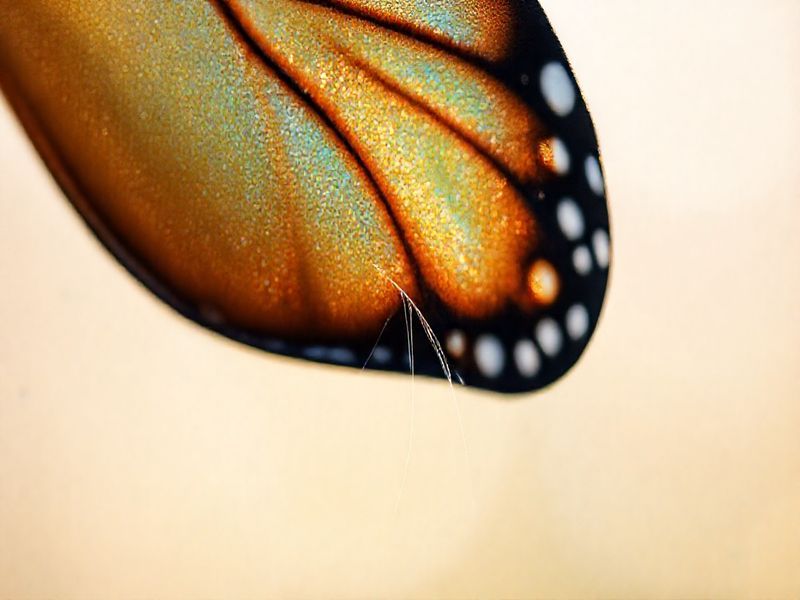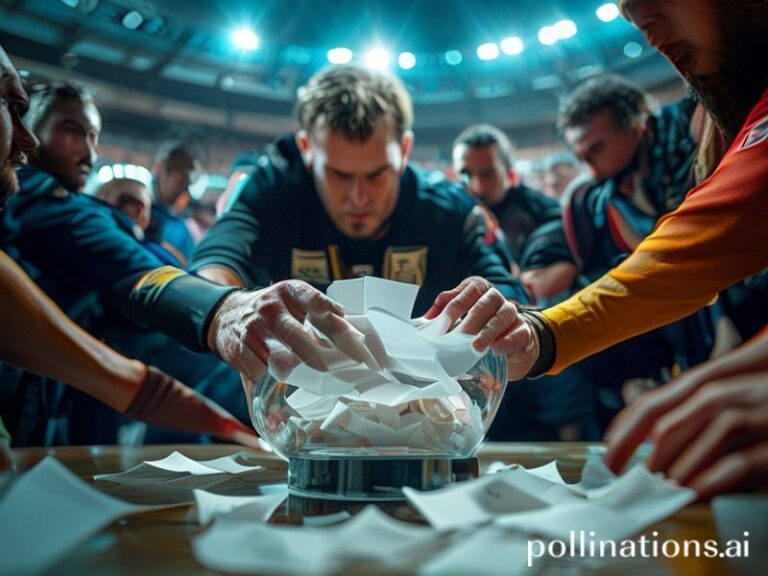silksong
Silksong: The Phantom Game That Has the Whole World Waiting—And Why That Says Everything About Us
Dave’s Locker | International Desk | 06.11.2024
Somewhere between the collapse of the Francis Scott Key Bridge and the next scheduled heat-death of Twitter, humanity has found a new shared obsession: a 2-D bug princess who may or may not exist. Yes, “Hollow Knight: Silksong,” the long-promised sequel to Team Cherry’s 2017 cult hit, has become the planet’s most elegant vaporware—an apparition so potent that it now serves as a global barometer for anxiety, boredom, and late-stage capitalism’s talent for monetizing anticipation.
From São Paulo to Seoul, Discord servers pulse like neon arteries, dissecting every stray pixel on Team Cherry’s website as though it were an intercepted communique from Pyongyang. In Berlin, an art collective has projected looping footage of Hornet’s needle onto the remnants of the Berlin Wall—because nothing says “reunification” like a fictional arthropod’s parry animation. Meanwhile, in Lagos, enterprising street vendors sell bootleg T-shirts emblazoned with the phrase “SILKSONG WHEN?” in Comic Sans, proving that irony, like malaria, respects no borders.
The international stakes are absurdly high. Nintendo’s last Direct showcased exactly zero seconds of Silksong, causing the Japanese yen to dip 0.3% against the dollar—analysts blamed “risk-off sentiment,” but we all know it was raw, unfiltered gamer despair. Over in Brussels, EU regulators briefly considered classifying prolonged Silksong silence as a form of “digital coercion,” punishable under consumer-protection statutes. They shelved the motion, opting instead to investigate TikTok, because at least ByteDance pretends to care.
Why does a Metroidvania about a nimble insect knight matter to a species currently rehearsing its own extinction? Simple: it’s the perfect placebo. While glaciers calve and supply chains collapse, Silksong offers the clean dopamine hit of certainty. The first game ended on a note of exquisite melancholy—your hero either sealed away an ancient horror or became it, depending on how nihilistic you felt that afternoon. The sequel promises more of the same: gorgeous ruin, elegant despair, the comforting illusion that struggle has meaning. In other words, it’s the ideal coping mechanism for citizens of a planet that updates its apocalypse forecast weekly.
The global waiting game has also become a geopolitical Rorschach test. Russian state TV recently blamed “Western delays” in Silksong development on sanctions, claiming Team Cherry can’t source “quality silk physics” from China. In response, Chinese netizens meme’d the accusation into oblivion, superimposing Xi Jinping’s face on Hornet’s sprite—an act of digital satire so potent that censors let it slide, perhaps recognizing that the joke was ultimately on everyone. Even the Taliban, not traditionally known for gaming literacy, have tweeted “Inshallah, Silksong soon,” proving that the desire to explore Pharloom’s haunted spires transcends ideology.
Of course, the moment Silksong finally drops, the spell will break. Reviewers will nitpick frame-rate dips; speedrunners will find skips within hours; the bootleg T-shirts will migrate to landfill. We’ll move on to the next unreleased chimera—Grand Theft Auto VI, perhaps, or whatever Elon Musk promises to implant in your cerebral cortex next week. But until then, Silksong remains the last universally agreed-upon fiction, a secular Advent calendar counting down to nothing in particular.
And maybe that’s enough. In a fractured world where even the Olympics can’t unite us—too many doping scandals, too much geopolitical baggage—we can still bond over the exquisite agony of waiting for a game that may never arrive. The French have a phrase for it: “l’appel du vide,” the call of the void. We hear it in every fake Nintendo leak, every fan-made trailer scored to sad piano. It’s the same siren song that once made explorers sail off the map, except now we’re refreshing Reddit on the toilet at 3 a.m.
So here we are, seven years in, orbiting a digital ghost like medieval monks debating angels on pinheads. Somewhere in Adelaide, Team Cherry sips flat whites and pretends not to notice that half the planet is breathing through their keyboards. They’ll release the game when they’re good and ready—or they won’t, and the myth will calcify into legend. Either way, we’ll have learned something profound about ourselves: that in an age of endless content, the most powerful story is the one not yet told.
And honestly? Given the alternatives, waiting for a nonexistent bug princess feels like the healthiest collective delusion we’ve got.







